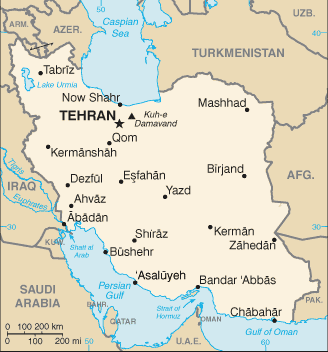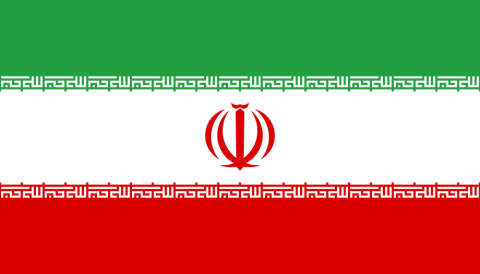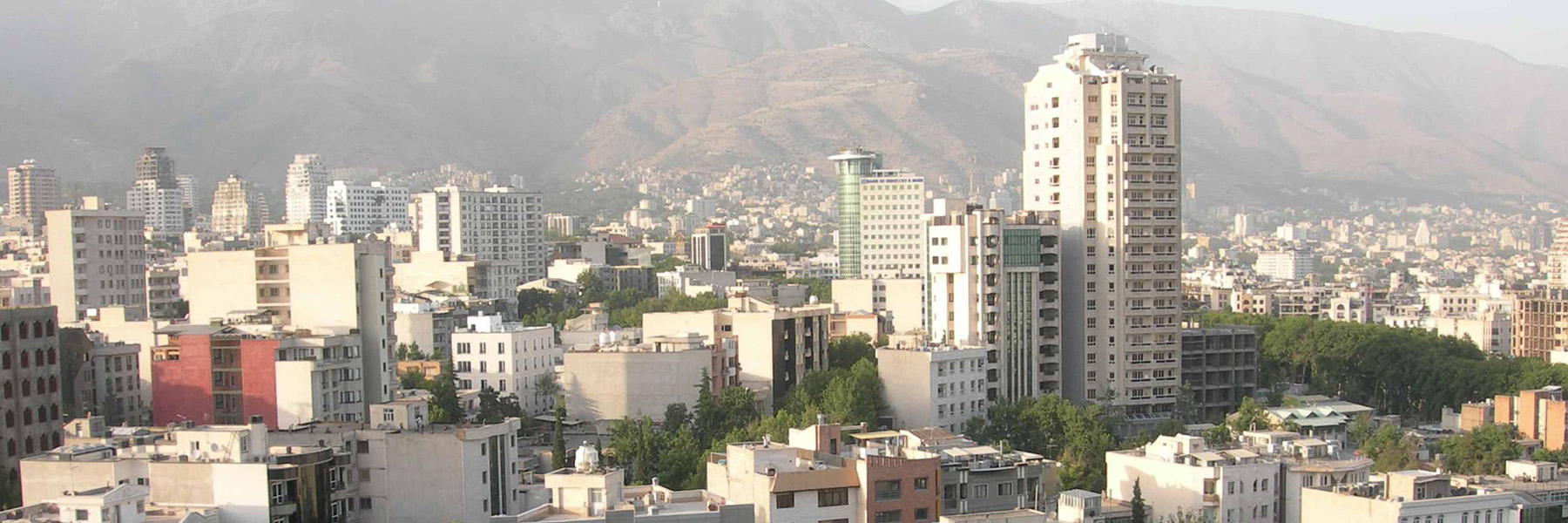Islamic Republic of Iran


Iran
Capital: Tehran
Population: 79,853,900
Languages: Farsi, Azeri, Kurdish
Iran, formerly known as Persia, is a region with long history of cultural, administrative, and artistic achievements. The first unified Persian state was founded by Cyrus the Great, founder of the Achaemenid Empire. Modern-day Iran was the heartland of a serious of successive, powerful Persian empires for much of the Classical period. In the seventh century, the region was conquered by the Islamic Caliphate and converted to Islam. Persian culture, learning, and administration greatly influenced the many rulers and dynasties in the region. Whether the ruler was of Persian, Arabic, Turkic, or Mongolian descent, Persian intelligentsia and institutions played key roles in the government.
Iran became an Islamic republic in 1979 after the ruling Pahlavi dynasty was overthrown and was forced into exile. Conservative clerical forces established a theocratic system of government with ultimate political authority vested in a learned religious scholar, referred to commonly as the Supreme Leader who, according to the constitution, is accountable only to the Assembly of Experts‒a popularly elected body of clerics. US-Iranian relations have been strained since a group of Iranian students seized the US Embassy in Tehran, taking the workers hostage for 444 days. During 1980-88, Iran fought a bloody, indecisive war with Iraq that eventually expanded into the Persian Gulf and led to clashes between US Navy and Iranian military forces between 1987 and 1988. Iran has been designated a state sponsor of terrorism for its activities in Lebanon and elsewhere in the world and remains subject to US, UN, and EU economic sanctions and export controls because of its continued involvement in terrorism and its nuclear ambitions.
Following the election of reformer Mohammad Khatami as president in 1997 and a reformist legislature in 2000, a campaign to foster political reform in response to popular dissatisfaction was initiated. The movement floundered as conservative politicians, through the control of unelected institutions, prevented reform measures from being enacted and increased repressive measures. Over time, conservatives were able to reestablish control over the political landscape, culminating with the August 2005 inauguration of hardliner Mahmud Ahmadinejad as president. His controversial reelection in June 2009 sparked nationwide protests over allegations of electoral fraud. The UN Security Council has passed a number of resolutions calling for Iran to suspend its uranium enrichment and reprocessing activities and comply with its IAEA obligations and responsibilities.
With recent revelations about Iran’s progress towards nuclear testing, as well as the election of relative moderate Hassan Rouhani to the presidency in 2013, Iran’s international position continues to be the center of debate and controversy.


